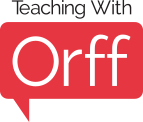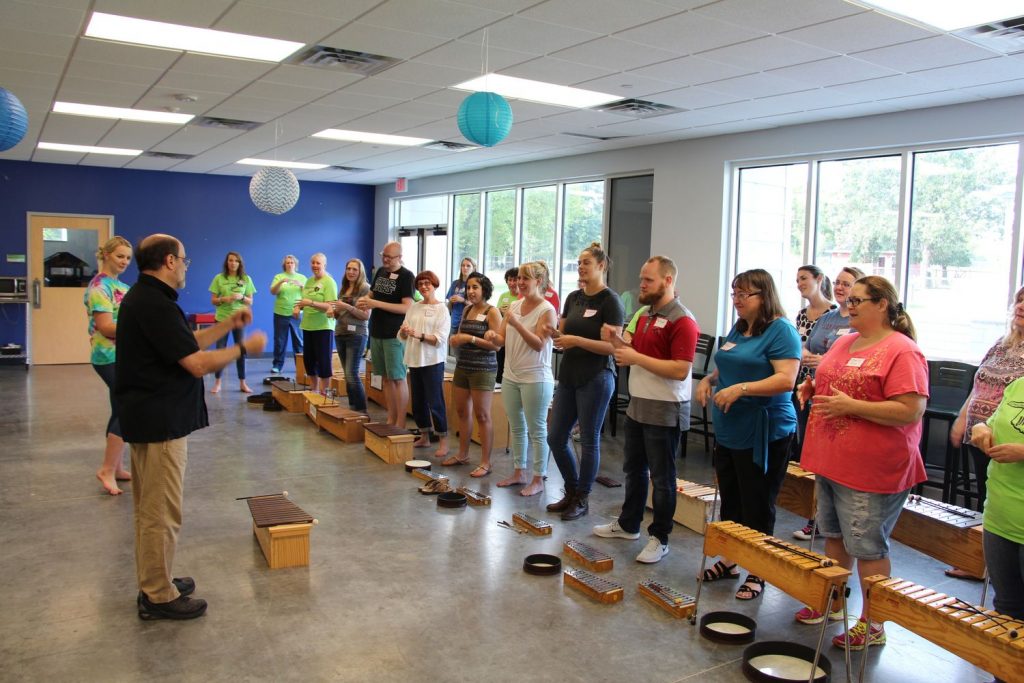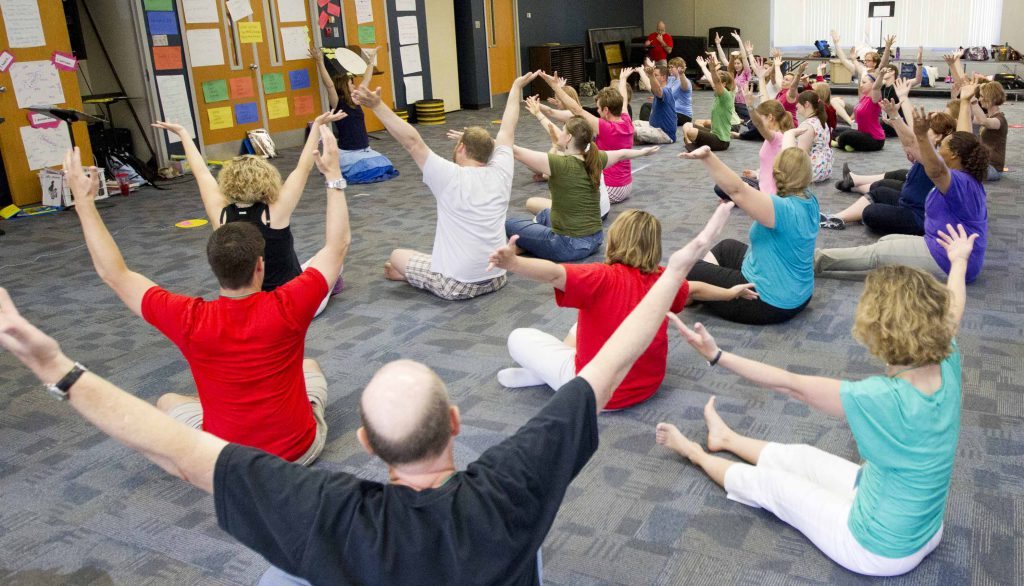
Making It Work: Orff Level III
Title Photo Credit: Jennifer Mishra, University of Missouri St. Louis
What is about Level III?
Congratulations! You have completed two levels of Orff training! It is time to start thinking about Level III! Don’t be frightened, you will love every minute. But wait, you may ask! Are you ready to take the plunge? Is Level III too hard? Will I be able to understand all of those new ideas when I am just beginning to figure out what I learned in Levels I and II. Yes you are ready! For most, Level III brings together many ideas and skills you have experience sin previous classes. You have had the fun experience of Level I with drone/borduns, ostinati, speech pieces and the like. You have explored meters and modes in Level II while reviewing and deepening your understanding of Orff pedagogy. It is time to put it together….or at least continue the journey.
About Level III
To many who have taken it, Level three is all about musicianship challenges and putting all of the elements of Orff pedagogy and media together to build a deeper understanding of the Schulwerk. Most of my students have said that they finally are connecting ideas together in level III that they hadn’t had the chance to do before. They see the progression from duple meter to triple to odd and changing meters. They see the progression from elemental bordun/drone arrangements to shifting harmonies and then to I-IV-V harmonies. They are asked to analyze and demonstrate the teaching models they have seen by their mentors for level I and II. Pedagogy is an important part of Level III. You will have at least one practicum where you will demonstrate some of the teaching/process skills you’ve learned and experienced in class. In movement and basic/pedagogy, you will probably be teaching your peers as well applying the skills and models you have experienced in your level training. Your movement experiences will deepen your appreciation of the importance, value and potential of movement education. Recorder classes will also extend your skills, repertoire, and pedagogical understanding through the Orff lens.
Time Commitment
By now you should know that a two-week Level course demands your full attention. Level III has a chance for you to really explore all of the concepts you touched on in other courses. You need time to reflect but also to learn many new skills. There are assignments for arrangements, rhythm pieces and the like and each experience leads to a deeper appreciation and understanding of the Orff process. As with other Level course, you will have 60 hours to sing, dance, play and grow. Three of those hours will be in “Basic/Pedagogy” where you will hone your skills in arranging and pedagogy. The rest of the day is divided between recorder and movement training with special topics at the end of the day on certain days. You will review and get better on your recorders and play more advanced pieces (practice your F-pipe fingerings!).
Don’t Delay! Register Today!
Don’t be shy. You’ll be fine. It is certainly possible to give yourself a break between each level or to do them in sequence over three summers. Some people will even retake a level just to be sure that they fully grasped the content of levels I and II before they take the plunge into Level III. It is equally common for people to most from one level to the next. If you have completed your other levels, don’t worry, you will start with a review of what you experienced in other summer courses. Even if you have waited a few years between levels courses, Level III instructors know that review is always a good thing. If you have studied with one instructor, you will learn new tricks and models of teaching from your Level III instructors.
New Materials
Depending on your Level II experience, you will have some degree of training in the modes and meters. This is reviewed along with everything you experienced in Level I when you were just starting your Orff journey. Among the most exciting things you will explore in Level III will be elemental writing using I-IV-V harmony! All of those songs and pieces you have been dying to arrange are a core part of the Level III curriculum. In addition, depending on the instructor, you will probably have time to explore all five volumes of the Orff Schulwerk and all of the great pieces and processes that those volumes offer to the Orff teacher. You will delve more deeply in the modes, meters, and more advanced pieces and concepts in the Schulwerk.
What to Pack?
As with every Orff course, you should now know that coming with an open mind and a spirit of music adventure are central to any Orff experience. You will have many new assignments and challenges. Plan on a full two weeks. Bring all of your recorders (practice your F-fingerings!). I often tell people to have a good support system for the two weeks so you can devote your time and energy to your studies. You will be working on harder recorder pieces and process. You will explore more advanced movement concepts (so be ready to move every day). You will be teaching your peers. You will have fun composing and arranging in the elemental style every day or so.
The most important thing to look forward to is exploring Orff Schulwerk with new colleagues who are equally passionate about being great teachers. That is perhaps the most anyone could hope for… being part of the Orff community of like-minded educators all searching to find ways of being active music makers and teachers.
See all posts by Robert Amchin
Sign up for latest Orff Tips, Lesson Plans and Advocacy Tools
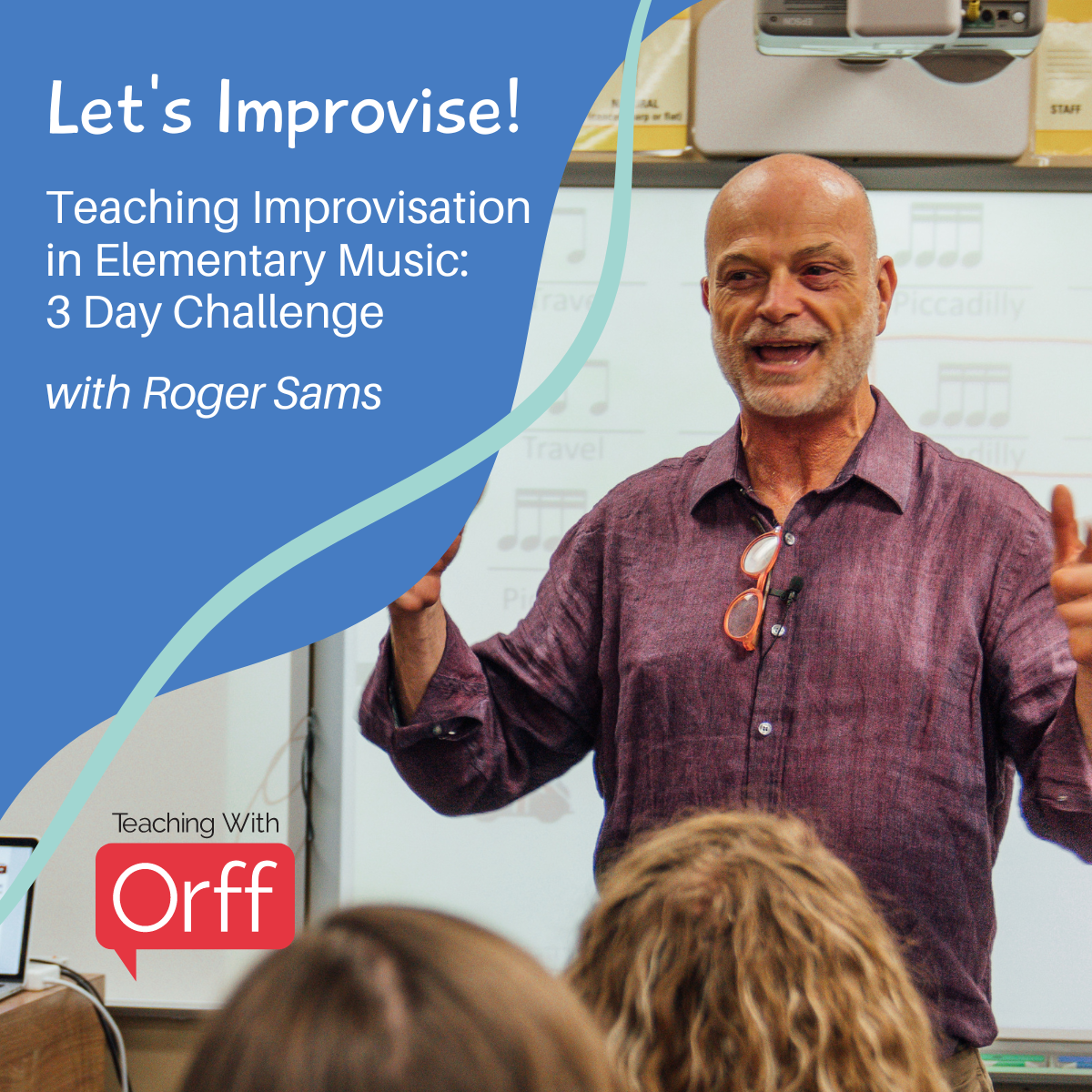
Empower your students to create their own music in this free 3-day challenge with Roger Sams. (Lessons delivered via email)
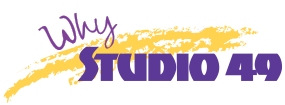
Learn about the legendary factory that started it all and why so many teachers like you love our instruments.
